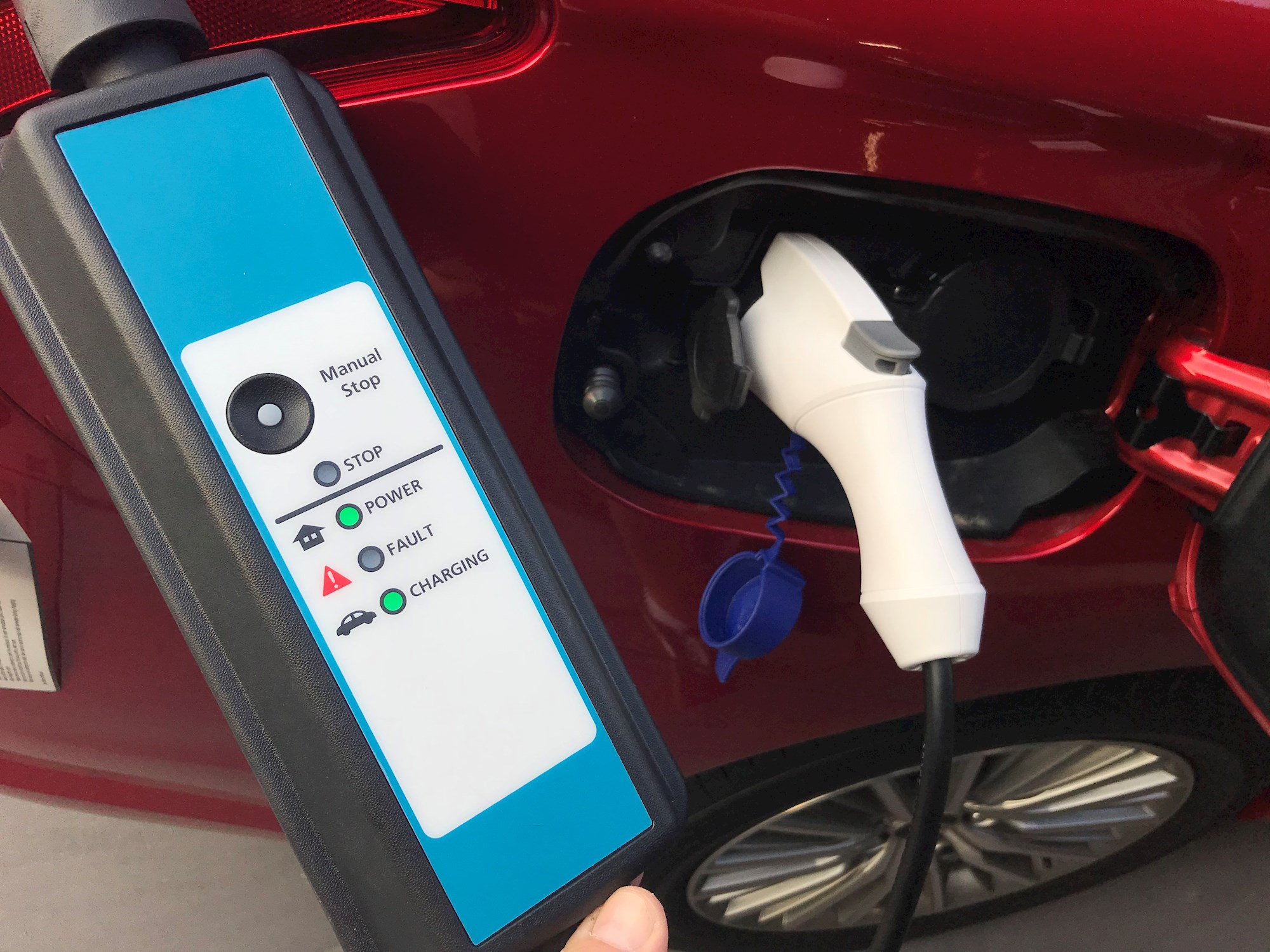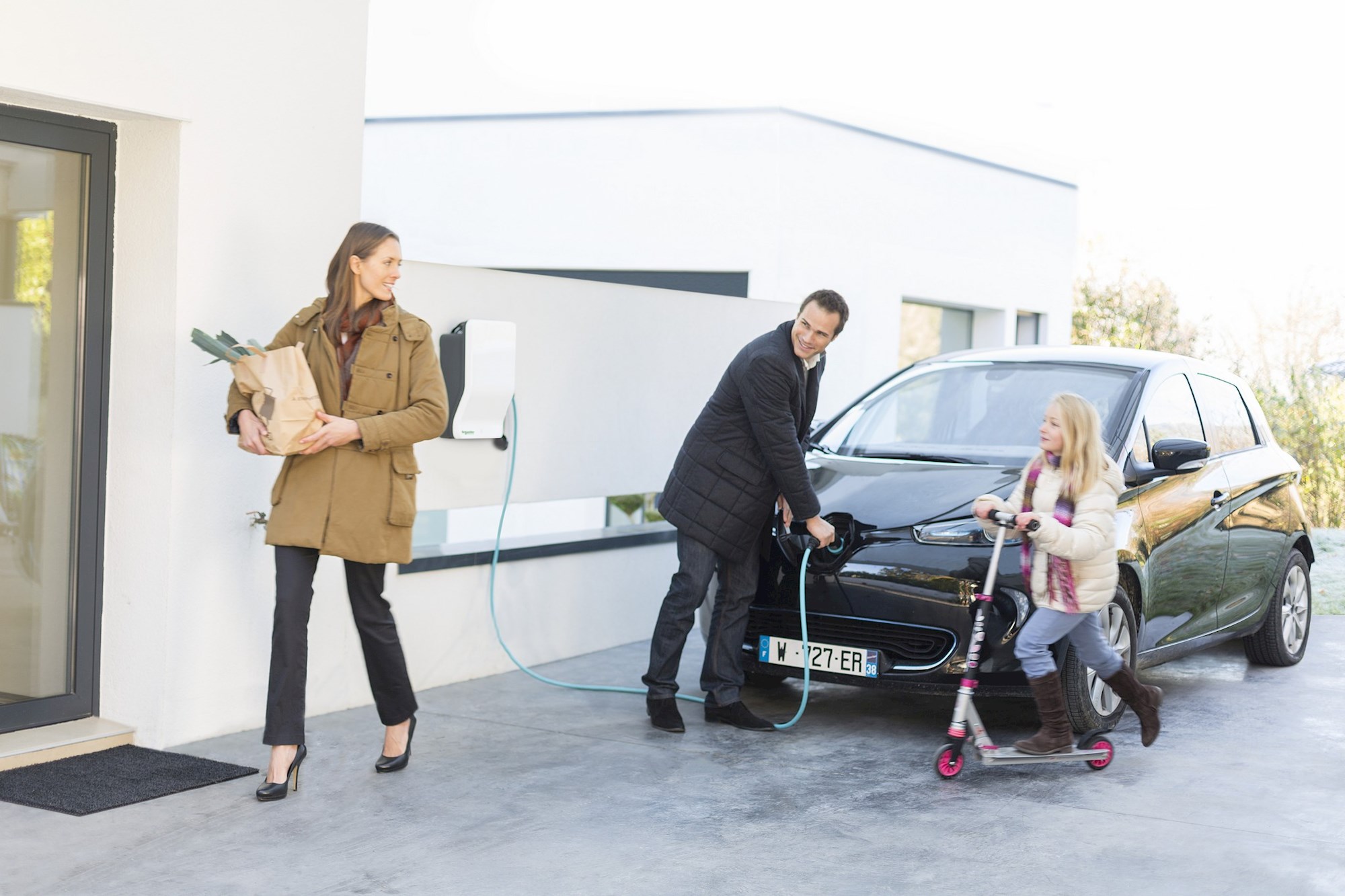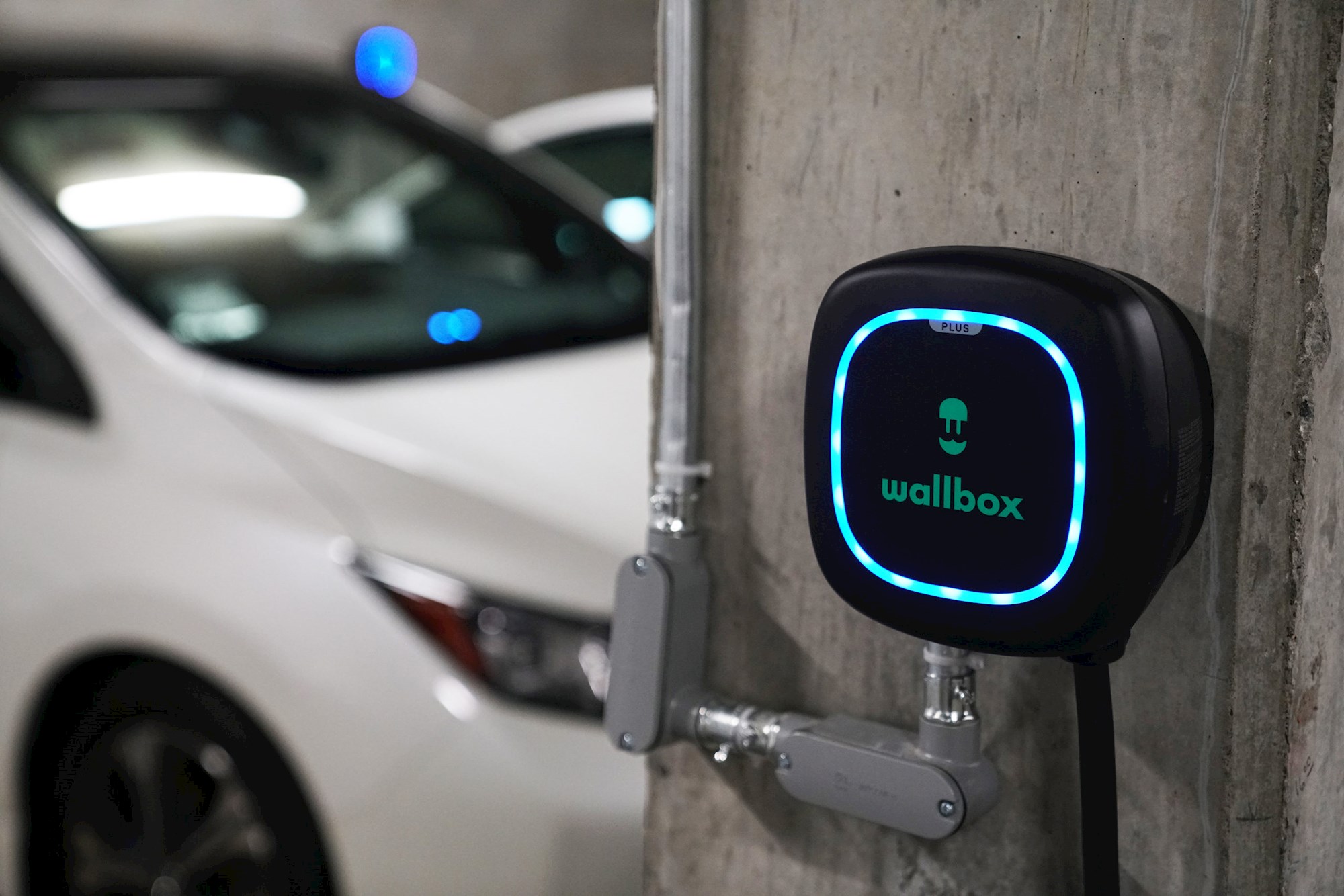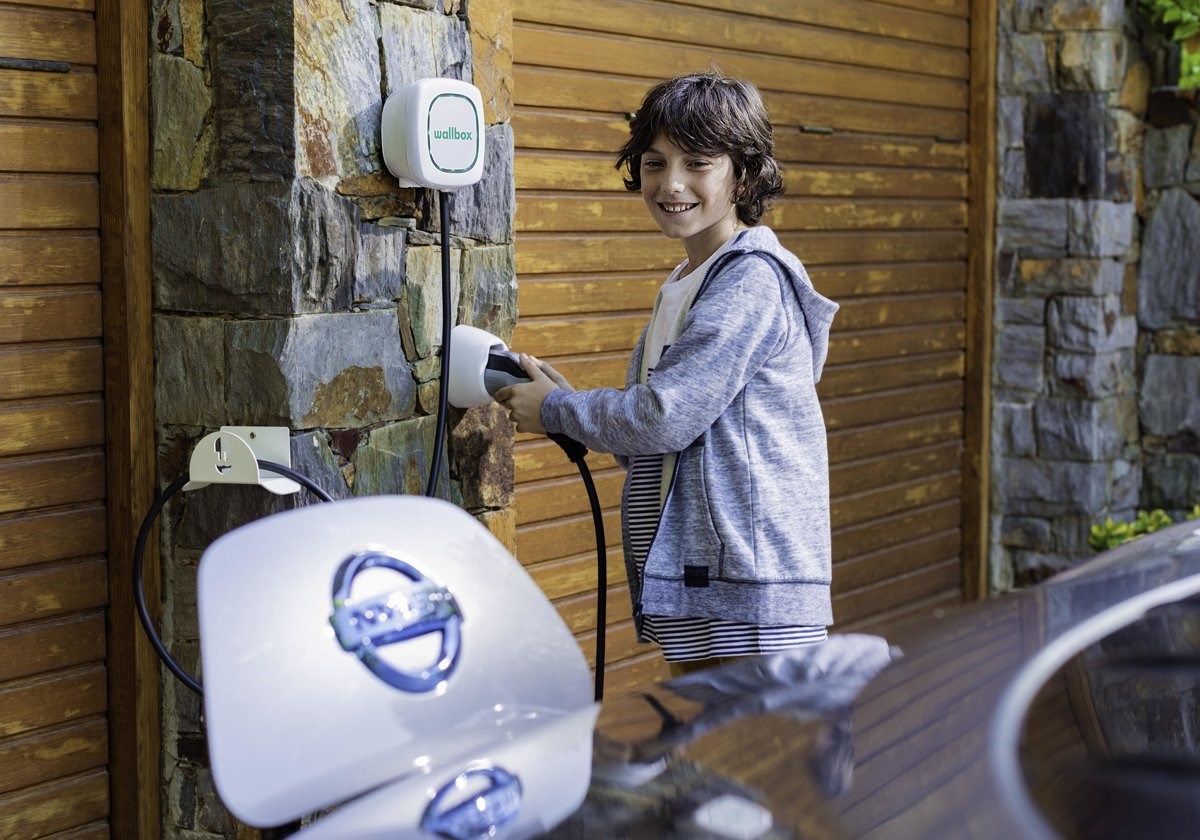Congratulations! You’ve purchased an electric vehicle; time to enjoy the petrol-free motoring, quiet running and exclusive parking. From a $10k Nissan Leaf to a $360,000 Porsche Taycan Turbo S, there’s already plenty of choice both used and new, and NZ is one of the better countries set up for EV ownership; but once the car is parked in the home garage with a depleted battery, then what? How is it actually recharged?
It’s a simple, seemingly obvious question, with a potentially complex answer. Did the car come with a charger, because the assumption can’t always be made. And even if it does come with a portable charger that plugs into a main 240v socket, has there been thought given to how long a charge will take, or the increased cost to the power bill?

Some longer range/larger battery EVs like the Kia Niro or Tesla Models could take up to 50 hours to fully charge on a home three-pin standard wall socket! Imagine driving your new $100k EV home on a Friday night to discover it can’t be used until Sunday night because it’s charging.
So the matter of charging is just as important as the EV itself.
Portable home trickle chargers, often sold with new cars and plugged into a 240v mains socket, produce around 1.7kWh of charging power, which adds around 11km of range per hour. Broadly speaking, it’ll take at least overnight/12 hours+ to charge a typical PHEV or EV like an Outlander, Mini or MG. Teslas and larger battery vehicles take longer, of course depending on the starting battery percentage and charge target. Cost is generally a few dollars per charge.
There are also public chargers, located via apps such a PlugShare and found in shopping centres, petrol stations or public areas where an hour or two (there are parking time limits) can top up/boost a depleted battery, charging around 25kWh which adds around 150km per hour. Many of these are free, though some will evolve to pay-to-charge – generally around $5-$10 via, for example, ChargeNet’s payment system.
And finally, the new fast and hyperchargers, 175kWh-300kWh, are popping up around the country, and offer very fast charging times, at a higher cost: around $50 per ‘fill’. They’re good for emergency charges, or when time is precious. ABB is a big player in the public and commercial charger fields - and also title sponsor of the Formula E racing series.

And finally, there’s the most logical compromise between all three, the home EV charger. But where to start? Companies offer one-stop shopping for EVs and chargers, such as Auckland-based ChargeMaster, a specialist in home (and commercial) EV chargers.
For long-term EV ownership, a home charger is the most practical solution, offering 7.4kWh equating to around 44km of range per hour. For example, ChargeMaster offers three main brands for three levels of budgets/needs: EVNEX, Wallbox and Schneider, with different models featuring ports for different cables/plugs and smartphone connectivity for scheduled charging times.
The NZ-designed EVNEX units start around $2000 (ex-GST) and cater for both Type 1 (Japanese/early UK) or Type 2 (increasingly the standard) and feature WiFi, Bluetooth and LED status indicators and compliance with all safety regulations.

The Tron-styled Wallbox is quickly becoming popular as both a charger and a “proprietary eponym” for home EV chargers. The Pulsar Plus comes in either white or black, and starts at just over $2000, also offering a smartphone app for WiFi operation/charging. Fixed cables, however, will require a choice of EV plug (to suit car) during purchase.
ChargeMaster’s top line wallbox is the Schneider, starting around $2500 (ex-GST), offering the same 7.4kWh charging rate, with wall or pedestal mounted versions, port or fixed cable, premium features such as silver-plated contacts and security key access.
Whichever wallbox is chosen, units can be mounted internally or externally, though the potential for the biggest cost variable is the installation. Without diving in too technically, the home’s electrical system and location offer variables that need to be assessed and quoted on.

Home chargers must also meet the new Standards New Zealand guidelines, which is a 56-page PDF made free by EECA sponsorship, and available as a download, providing a lot of valuable information regarding EVs and charging.
However, companies like ChargeMaster facilitate all this, via a local electrical contractor who visit the home/site for an appraisal, followed by a quote and then charger installation, generally handled within a day.
Installation cost can easily equal the price of the unit itself, leaving a home EV charger typically priced around $4000-$5000. This may or may not make sense financial depending on the price of the EV vehicle, but it’s is also setting up the home for the future of motoring over the coming decades. And eliminates those hours spent waiting at a local charger.











